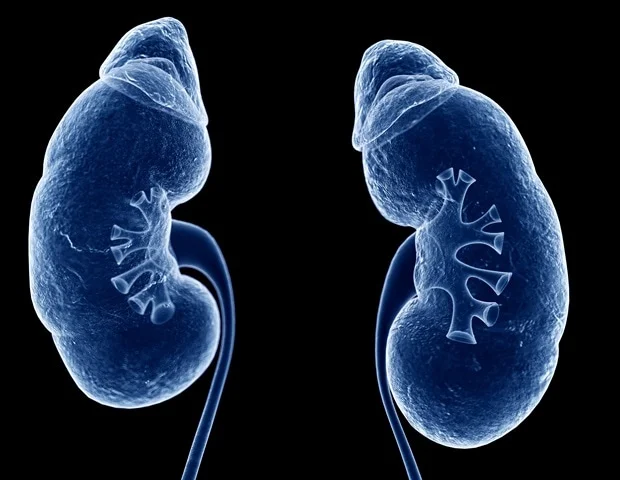
A recent analysis reveals persistent disparities in preemptive transplantation, when a patient receives a kidney transplant before ever starting dialysis, despite efforts to correct inequalities in transplantation. The findings appear in an upcoming issue of CJASN.
Preemptive transplantation is considered the best treatment option for patients with chronic kidney disease that has progressed to kidney failure, but its availability is limited by the shortage of organ donors relative to patients on the waitlist for a new kidney and failure to have patients listed in a timely manner.
The system for matching kidneys from deceased organ donors to waitlisted candidates was overhauled with the 2014 Kidney Allocation System (KAS) to try to correct some inequalities in transplantation. To assess what effect KAS has had on preemptive transplantation, a team led by Sumit Mohan, MD, MPH, and Kristen L. King, MPH (Columbia University Irving Medical Center) examined information on all adult deceased donor kidney transplant recipients in the United States from 2000–2018.
Preemptive transplant recipients were more likely to be white, older, female, more educated, hold private insurance, and have kidney failure not caused by diabetes or hypertension. The proportion of preemptive transplants increased after implementation of KAS from 9.0% to 9.8%, with a 10% higher likelihood of preemptive transplantation after KAS was implemented compared with before.
Increases in preemptive transplantation were not shared equally among all patient groups, however. The sociodemographic and clinical disparities in preemptive transplantation that were present in the pre-KAS era still exist under KAS, and disparities were actually exacerbated for Black and Hispanic patients and for patients on Medicare.
Patients with private health insurance had 5 times the odds of receiving their transplant preemptively compared with patients on Medicare.
With new attention on policy reform around kidney disease and transplantation, our research can help inform where efforts are needed to achieve more equitable care for kidney disease patients,"
Sumit Mohan, MD, MPH, Columbia University Irving Medical Center
He noted that the Executive Order on Advancing American Kidney Health issued in July identified increasing kidney transplantation and better treating/preventing kidney disease during its early stages as top priorities for improving the kidney health of individuals in the United States.
An accompanying editorial notes that "factors related to access to pre–end stage kidney disease nephrology care, quality and timing of transplant education, assessment of transplant eligibility, and receipt of preemptive transplant referral, particularly for racial/ethnic minority patients and patients with lower socioeconomic status likely stand at the forefront of barriers to eliminating these disparities."
Journal reference:
King, K. L. et al. (2019) Trends in Disparities in Preemptive Kidney Transplantation in the United States. Clinical Journal of the American Society of Nephrology. doi.






No comments
Post a Comment